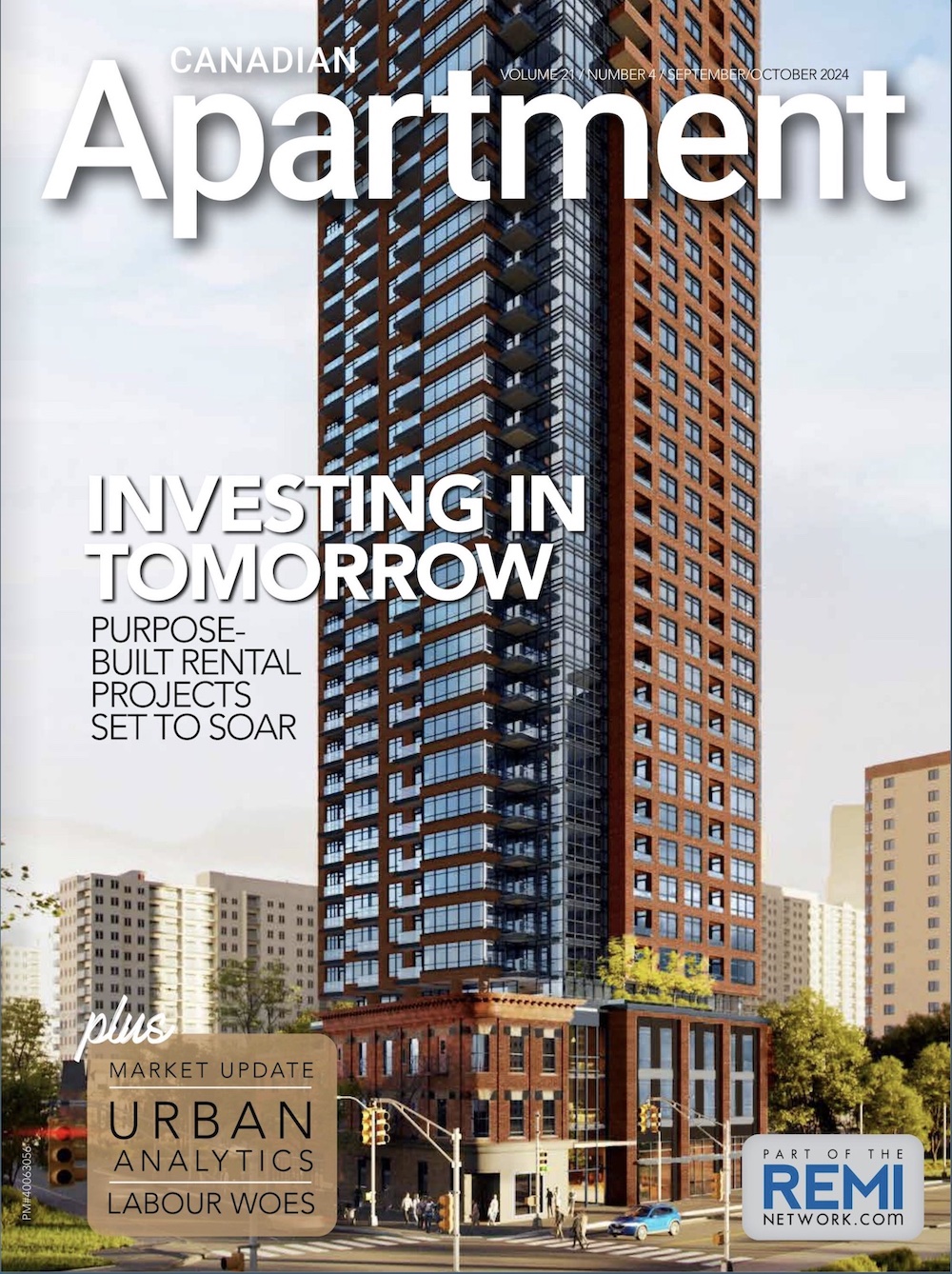Toronto Council has agreed to transfer unused capital originally earmarked for energy retrofits in single-family housing to a more popular program for the apartment sector. Thus far, homeowners have borrowed just $2.7 million from the $10-million loan fund established in January 2014, while multi-res landlords have tapped into $7.7 million of their matching allocation. The redeployment of funds occurs in tandem with an extension of both programs until December 31, 2019
This is the second time the end-date for the two-stream Residential Energy Retrofit Program has been rescheduled because its $20-million budget is not yet depleted. However, participation in the multi-residential component, known as High-rise Retrofit Improvement Support (Hi-RIS) program, picked up over the past year after rules were adjusted to increase the number of eligible buildings and the amount of upfront funding they could obtain.
Owners of buildings that are three storeys or taller can qualify for loans of up to $2 million or 10 per cent of the property’s assessed value to underwrite installation of building controls, energy-efficient boilers or building envelope upgrades, including window and balcony door replacement. This will be repaid in installments over 20 years via a special property tax surcharge, which is registered on the property title so that any subsequent purchaser will assume the obligation.
City staff report a 60 per cent increase in applications from multi-res landlords, resulting in $3.5 million in loans between April 2017 and March 2018 for retrofits in five buildings encompassing 783 units. That adds significantly to the six buildings, encompassing 1,078 units, that received funding in the first three years of the program.
“At the current rate of project participation, the Hi-RIS program is expected to commit the entire $10 million funding envelope by the end of 2018,” projects a report prepared for Toronto Council.
Applications from homeowners also increased last year, but to a much lesser degree. About $600,000 was disbursed for upgrades to 35 properties, bringing the tally thus far to 160 single-family homes. Program administrators expect to loan out approximately $1.2 million more over the remainder of 2018, which will still leave more than $6 million in the kitty.
Earlier this week, Council approved a recommendation to share it. “With access to these funds, Hi-RIS can continue to respond to keen program interest and support program objectives including maintaining affordability, increasing energy efficiency, job creation and improving housing quality as well as enhanced scalability of the program,” the city report reasoned.
That “enhanced scalability” is aligned with the TransformTO targets to reduce greenhouse gas (GHG) emissions in the city to 30 per cent below 1990 levels within the next 19 months, and 80 per cent below 1990 levels by 2050. The report to Council estimates upgrades funded via Hi-RIS have already cut energy use by 19 per cent in participating buildings, eliminating the equivalent of 1,730 tonnes of carbon dioxide emissions annually.
Staff are currently exploring potential sources of funding and other logistics to maintain and expand the program into the future. “With the extension until December 2019, the programs can capture the full benefit of increased uptake and staff can evaluate market receptivity and measure impact,” the report adds.






